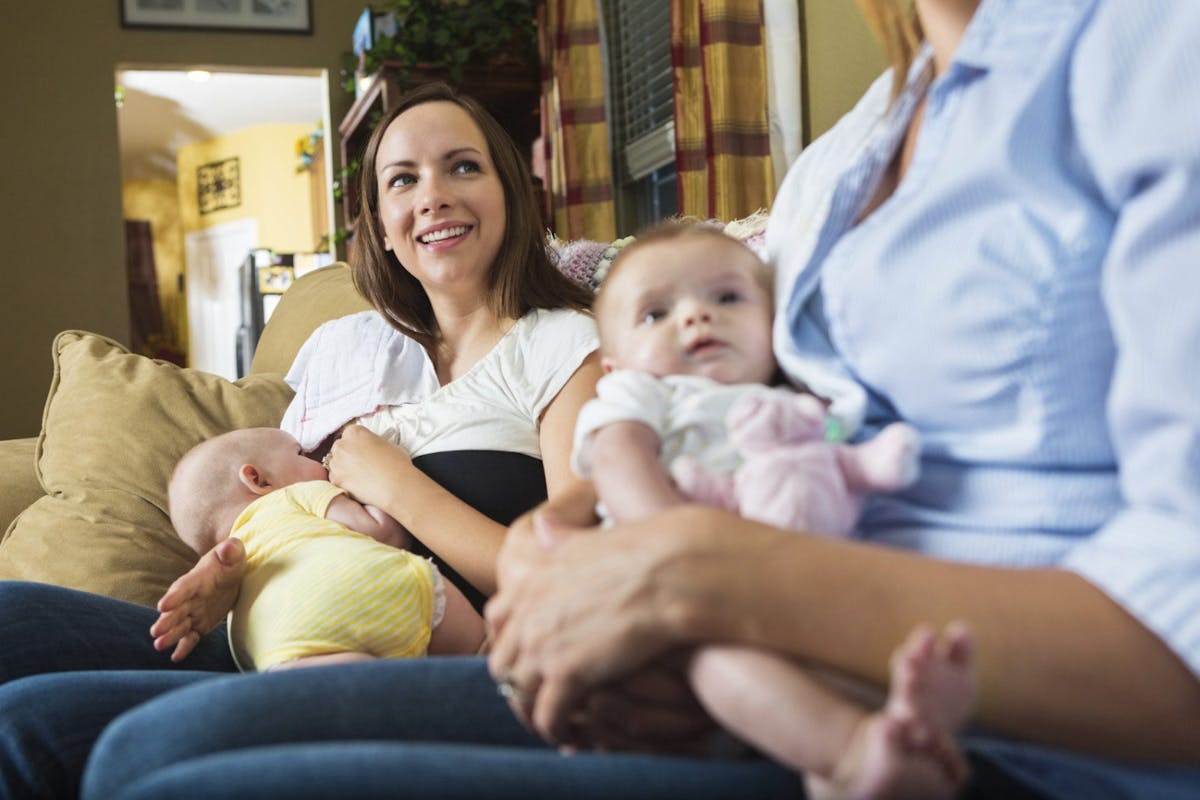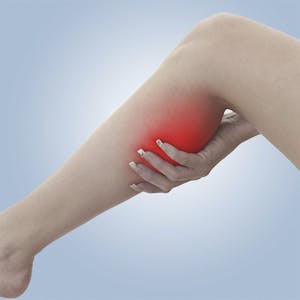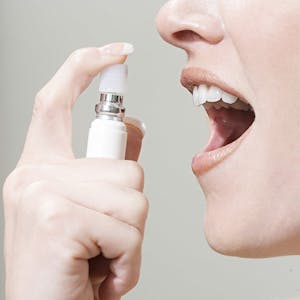Breastfeeding on a low-carb diet – is it dangerous?

Recently, the journal of the Swedish Medical Association published a case report (summary in English) of a woman who, six weeks after giving birth, had to be hospitalized for severe ketoacidosis. Luckily, she recovered quickly and her numbers were back to normal the next day.
Ketoacidosis is a dangerous condition, most often seen in type 1 diabetics with acute insulin deficiency. In rare cases, ketoacidosis may occur in non-diabetics after prolonged periods of starvation or inadequate food intake, in which case it typically occurs in combination with stress or other medical conditions.
The woman in this case had been eating low-carb, high fat for a long time before the incident. After giving birth however, she had suffered flu-like symptoms of fever, nausea and a complete loss of appetite. Despite this, she was still able to breastfeed her baby, which of course ramped up her nutritional requirements.
The case study report brings up the woman’s low-carbohydrate diet as one possible contributing factor to the situation. However, as soon as the media found out, they immediately exaggerated this possible contributing factor to the guaranteed sole cause of the condition (which, as we shall see, is unikely):
- Expressen: Warning against LCHF during breastfeeding (Google translated from Swedish)
In the woman’s own words
The woman described in the case report in the journal contacted me of her own accord through common acquaintances. She tells a different story from the one perpetuated by the media:
What isn’t made clear is that I, the breastfeeding woman, had been eating LCHF for approximately six years before this incident, but, because of stress during my second pregnancy and after childbirth I suffered loss of appetite. This led to more stress as I wanted to eat, but my body said no. I ate whatever I could keep down: crackers, yoghurt, fruit… The problem was that I barely consumed any food at all, and didn’t get enough energy from fats or carbohydrates..
I came down with a fever that lasted a whole week, this was two weeks before I was admitted to Mora [hospital] and during that week I ate almost nothing, I mostly drank water. And while I wasn’t eating, my daughter was, which naturally depleted me of nutrients. To say that I ate a low-carb diet and got sick is just wrong, I regrettably ate nothing and whatever I ate was actually carbs.
I still do low-carb, but the difference between now and when I got sick is that now I actually eat. I’m healthy and haven’t had any issues for a year now. I completely breastfed my daughter for another 10 months and didn’t feel bad at all. (Well actually, I did feel psychologically lousy because of what the doctors threatened and accused me of, but nothing else) :)
Comment
After reading the woman’s own story, this seems to fall under the category of ketoacidosis induced by starvation and sickness. It’s well-known that starvation can, under extreme circumstances, result in ketoacidosis — and this may be just what the demand of breastfeeding contributed to.
Whether the low-carb diet contributed to the course of events or not is unclear, but it is possible that it could have been part of the combination of factors behind the development of ketoacidosis (even though the woman in question hadn’t been doing low-carb the last weeks prior to being hospitalised).
Many women and mothers have shared their stories of eating a low-carb diet with great success, and without any issues at all for breastfeeding. Theoretically however, it’s possible that a strict low-carb diet in rare cases is just too demanding during lactation.
During lactation, the body produces carbohydrates for breast milk. If you’re adhering to a strict low-carb diet without carbohydrate, it means your body will have to produce more carbohydrate than people who don’t have babies to feed. Especially in combination with a flu or or starvation, this may in extreme cases be too much for the body to cope with.
Note that new diabetes drugs that leak glucose from the body (SGLT2 inhibitors) can also in rare cases result in ketoacidosis. The loss of glucose on these drugs is some ways mimics the effect of breastfeeding.
According to the journal of the Swedish Medical Association, there have been 5 cases reported worldwide on ketoacidosis during lactation, of which 2 are possibly linked to low-carb and 3 are linked to starvation. Another new case report on ketoacidosis during lactation and low-carb eating was published just recently, raising the total published number of suspected cases to 4.
My recommendation
Although these cases appear extremely rare – a handful of published ones in modern history, of which all seem to have ended well, with the woman recovering rapidly – they are worth taking seriously.
In my opinion, it’s a good idea to be watchful if you choose to breastfeed on a low-carbohydrate diet. Perhaps the best alternative is to go for a slightly more liberal low-carb programme.
Bearing in mind that breastfeeding consumes carbohydrates, it may be unnecessary to aim for less than 50 g carbohydrate a day. This would, in theory, correspond to a strict LCHF diet for non-breastfeeding people. Although the risk of negative consequences of a very strict LCHF diet while breastfeeding is probably minimal, it’s an unnecessary risk to take.
So how do you recognize early symptoms of ketoacidosis while breastfeeding on low carb, in the highly unlikely event that it should happen? You’ll get abnormally thirsty, headache and nausea and generally feel weak and sick. In that case you should significantly increase the amount of carbs and fluid you ingest – and seek medical attention immediately if you should keep feeling worse instead of better.
The most important thing is, regardless, to get enough food and nutrition overall when breastfeeding. If you’re finding it hard to keep down anything of nutritional value (for example, because of some illness), you should contact medical professionals for advice.
More
“Young Mother Nearly Dies From a Low-Carb Diet”
More potential problems on low carb
Check out our full guide on common low-carb side effects and how to cure them. Alternatively you can jump right to the section that interests you:
 Induction Flu
Induction Flu 



